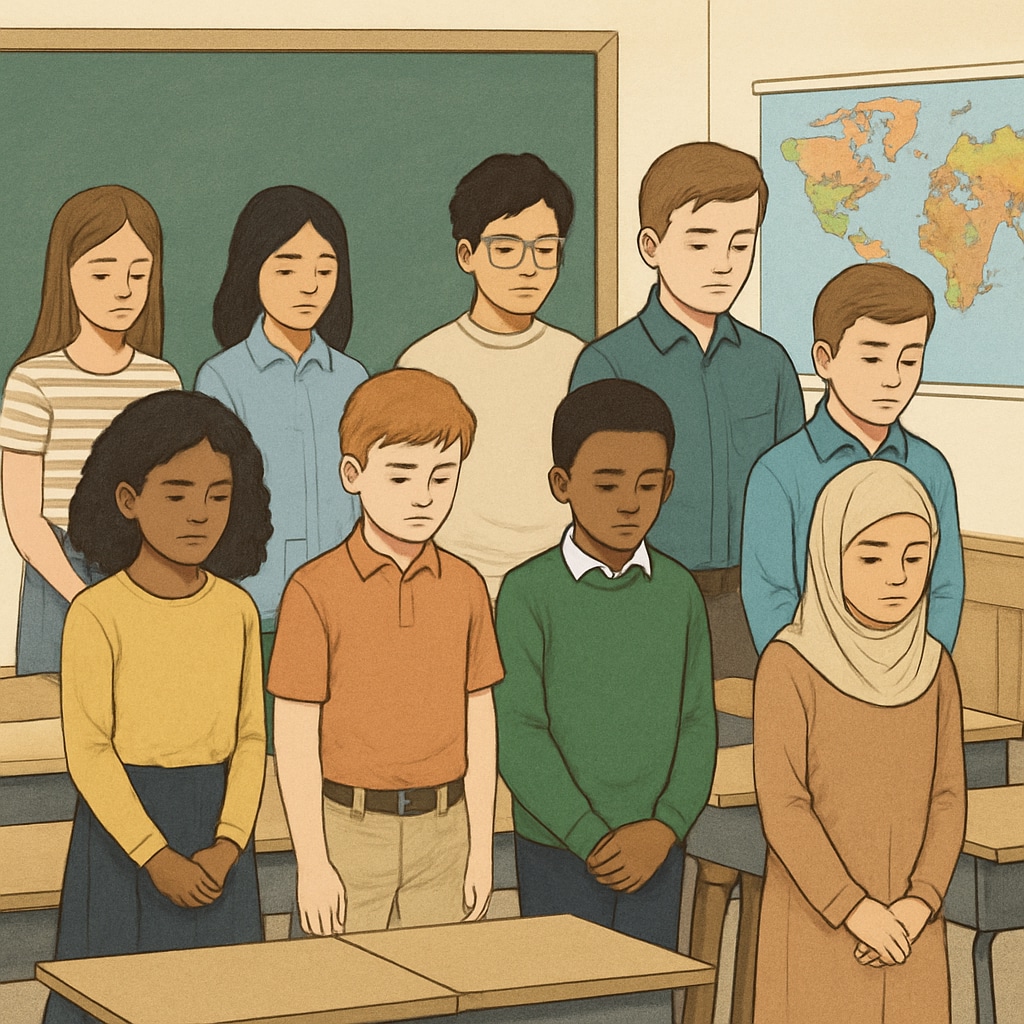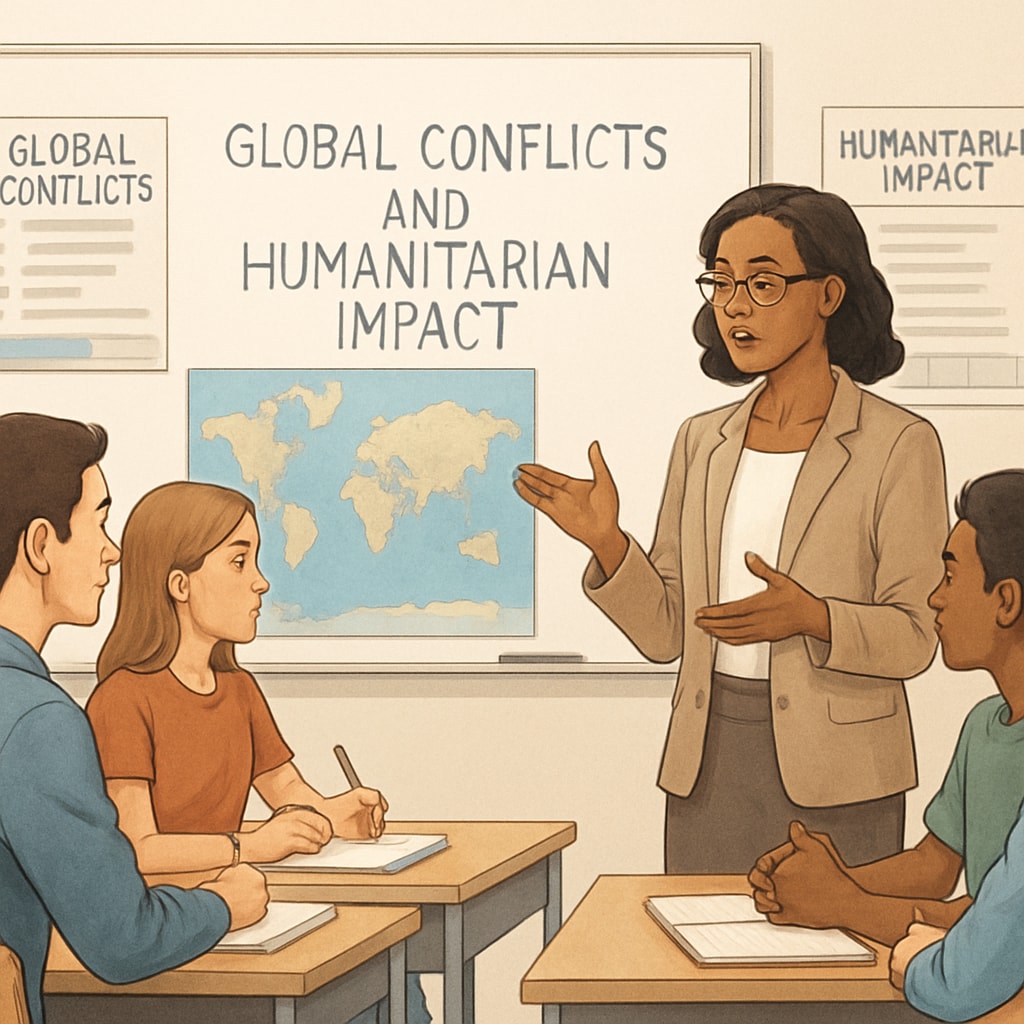The decision by schools to transform Gaza-specific mourning into a broader acknowledgment of all global war victims has sparked significant debate. This “generalization” or “de-specification” approach, while intended to avoid controversy, raises deeper questions about how educational institutions navigate politically sensitive topics. As schools strive to remain neutral while fulfilling their role as moral educators, the challenge of balancing these responsibilities becomes increasingly complex.
The Origins of the Gaza Mourning Controversy
Recent global conflicts, such as the ongoing crisis in Gaza, have ignited widespread calls for solidarity and reflection. Many educational institutions responded by organizing mourning events to honor the victims. However, in an attempt to sidestep political implications, some schools expanded these events to include all victims of global wars. While this approach aims to promote inclusivity, it has also been criticized for “diluting” the specific context of the Gaza conflict.
Critics argue that this generalized approach undermines the importance of addressing urgent, specific issues. For instance, the Gaza conflict is not just a humanitarian crisis but also a deeply political event shaped by historical, cultural, and geopolitical factors. By broadening the scope of mourning, schools may inadvertently sideline these critical discussions.

The Educational Dilemma: Neutrality vs. Responsibility
One of the core challenges for schools in such situations is to balance their educational responsibility with the need to remain politically neutral. On one hand, schools are tasked with fostering critical thinking and awareness among students, which often requires engaging with sensitive topics. On the other hand, taking a stance on contentious issues can alienate certain segments of the school community, including parents, staff, and local stakeholders.
For example, a school that focuses exclusively on Gaza might face accusations of bias or partisanship, while one that generalizes the mourning risks being seen as evasive or indifferent. This dilemma underscores the difficulty of navigating polarized public opinion while preserving the integrity of the educational mission.
According to a recent Britannica article on education, schools should aim to provide a balanced perspective without suppressing critical conversations. However, this is easier said than done, especially when dealing with emotionally charged issues like war and conflict.
Strategies for Addressing Politically Sensitive Topics
To effectively address such controversies, schools can adopt the following strategies:
- Facilitate Open Dialogue: Encourage students to engage in discussions that explore multiple perspectives on the issue. This can be done through debates, workshops, or moderated forums.
- Focus on Humanitarian Values: Emphasize universal principles such as empathy, peace, and human rights, rather than specific political narratives.
- Incorporate Historical Context: Provide students with the historical background of conflicts to help them understand the complexities involved.
- Engage Experts: Invite historians, educators, or humanitarian workers to provide nuanced insights into the topic.
Implementing these strategies can help schools maintain a balanced approach while fostering meaningful learning experiences. A recent study by the UNESCO highlights the importance of integrating global citizenship education to prepare students for an interconnected world.

Conclusion: Striking the Right Balance
In the face of controversies such as the Gaza-specific mourning debate, schools must carefully navigate the intersection of education and politics. While generalizing mourning events may seem like a safe choice, it risks oversimplifying complex issues. Instead, schools should embrace their role as platforms for critical thinking and dialogue, equipping students to engage thoughtfully with the world around them.
Ultimately, the goal should not be to avoid sensitive topics but to address them in a way that is inclusive, educational, and respectful of diverse perspectives. By doing so, schools can uphold their commitment to both neutrality and social responsibility, preparing students to become informed and empathetic global citizens.


